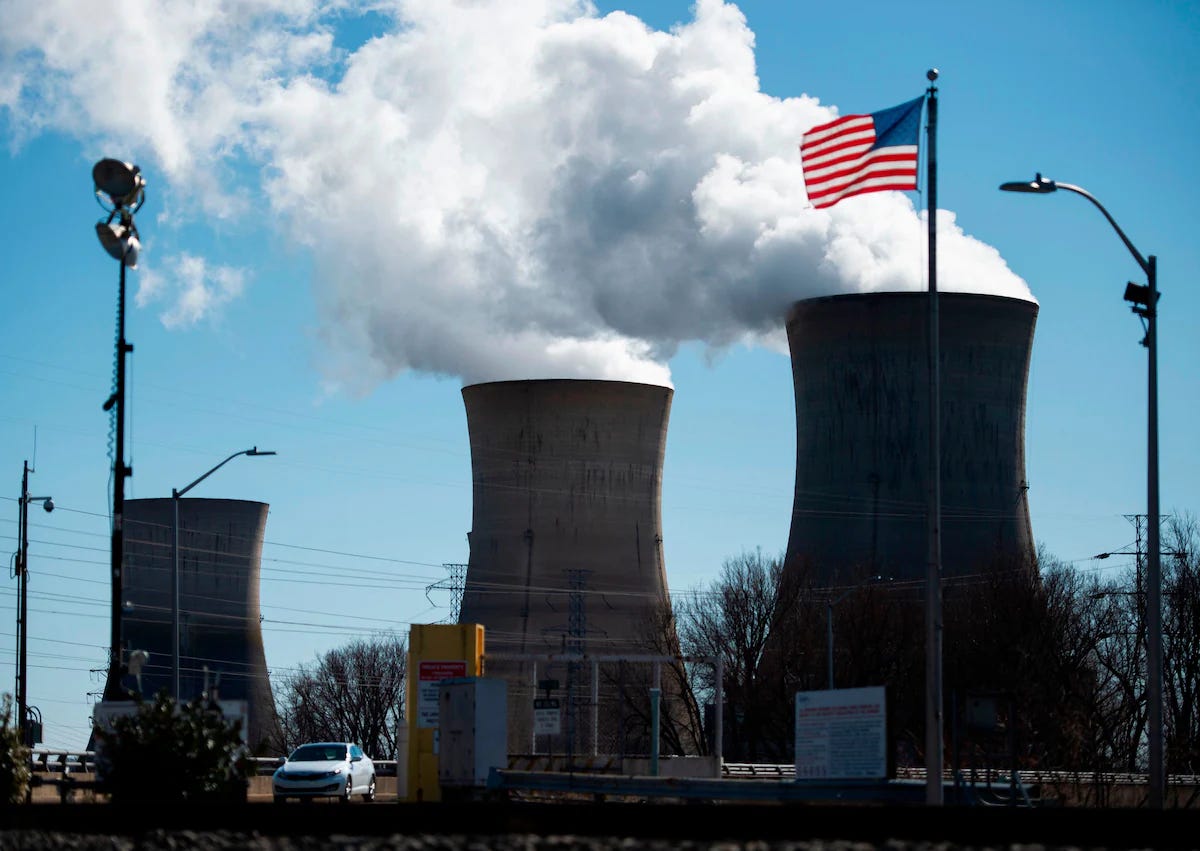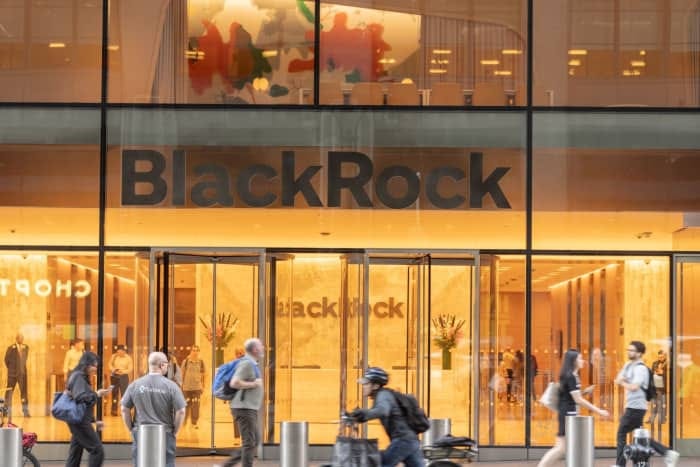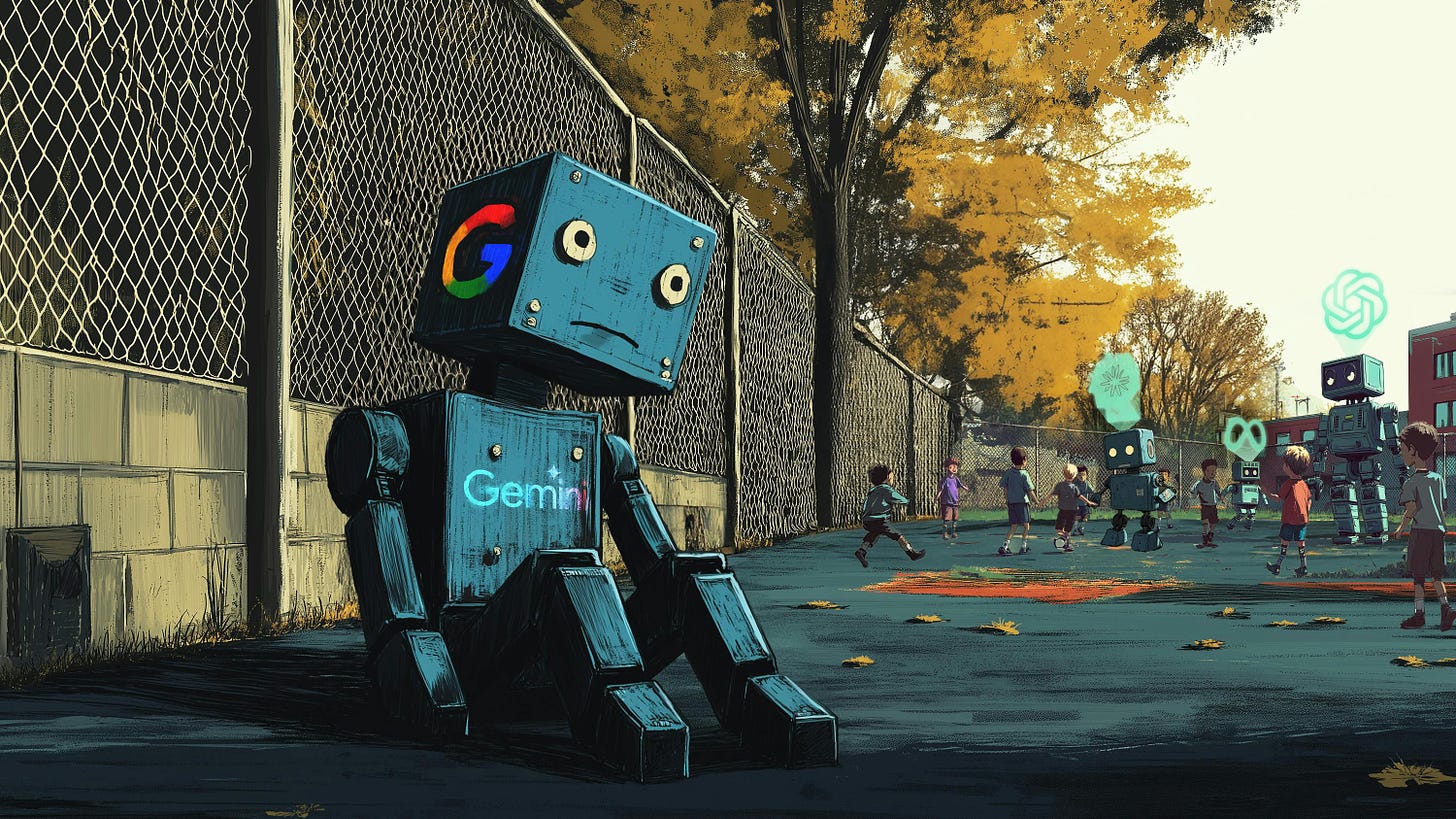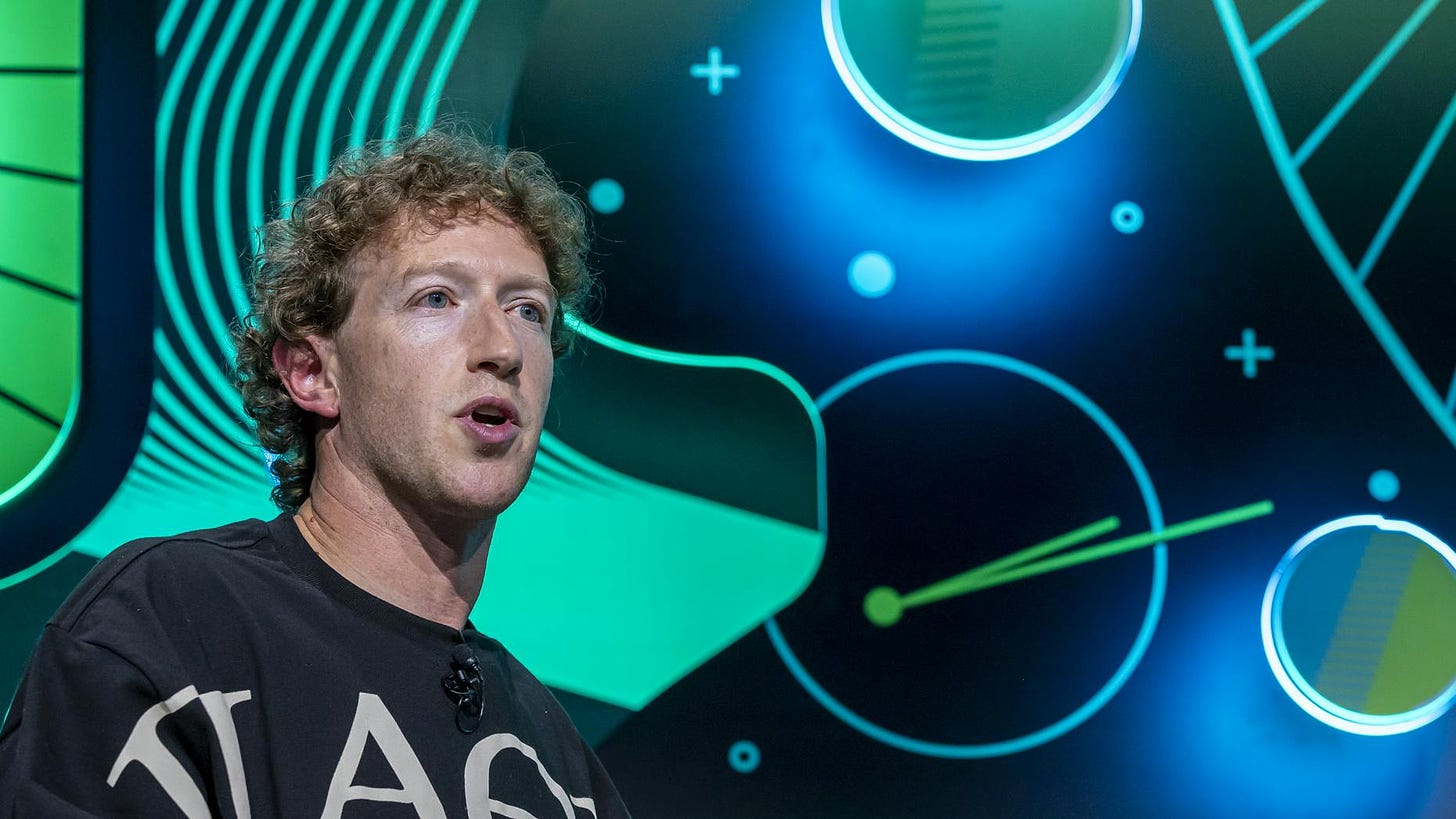
AI: Weekly Summary. RTZ #486
-
OpenAI o1 ‘AI Reasoning’ Reception: Reactions to OpenAI’s o1 ‘AI Reasoning’ models have generally been positive at this early stage. The point being stressed of course is that these are the earliest days for the new models. OpenAI founder/CEO Sam Altman himself stressed that at this stage OpenAI o1 is more like where GPT-2 was a few years ago, with the biggest improvements to come. As explained before, AI reasoning is just the second level on OpenAI’s 5-level roadmap towards AGI, after Chatbots. The next three are Agents, Innovators and Organizational AIs. More here.
-
OpenAI’s Sam Altman hints at GPT-5 ‘Orion’: OpenAI’s Sam Altman is teasing on X/Twitter the company’s next main item on its product roadmap this year, which of course will be GPT-5, whatever it’s named. Its long-anticipated successor to GPT-4o ‘Omni’. The tweet hints at a release this winter, with no further details. Industry speculation, driven partly by OpenAI’s Japan CEO, indicates a roadmap with code names like ‘Orion’ and ‘GPT-NeXT, promising performance gains up to a 100x from current metrics. The industry is of course also on a similar AI Scaling exercise with Google Gemini, Meta Llama, and Anthropic Claude amongst others. It’ll be a busy end to 2024 if all is on track. More here.
-
Microsoft’s Nuclear power deal for AI data centers: Microsoft is sealing a 20 year deal with Constellation Energy to reopen one of the nuclear reactors at Three Mile Island in Pennsylvania by 2028. The goal would be to power Microsoft’s burgeoning investments in AI Data Centers around the country. It follows a similar deal by Amazon in Pennsylvania as well, for nuclear power for its data centers recently. These developments highlight the ongoing efforts by the leading big tech companies to ramp up their AI data center infrastructure on the Power needed to run them at Scale. These are the new ‘AI Table Stakes’. This involves negotiations with power utility regulators and industry for the best terms for these arrangements. China is ahead of the US on building nuclear reactors, with over 20 planned over the decade. More here
-
Microsoft/OpenAI Blackrock Mideast AI Funds: Microsoft is partnering with private equity leader Blackrock on a massive new AI infrastructure fund that starts at $30 billion. Those investments also are to build the AI Compute infrastructure needed for both Micorosoft and its partner OpenAI over the next few years. These efforts are to fund the above AI infrastructure investments. The industry is also partnering up with financial investors around the world, with a focus on mideast investors. The goal of course is to secure the hundreds of billions needed in the near term. This is going to be a multi-year effort, as AI scales in both investments and soon investment returns. More here.
-
Google Gemini Developer adoption vs OpenAI: New reports on Google’s Gemini AI adoption via APIs for developers not being as robust as OpenAI, Microsoft and others is notable given investor questions on the returns on these investments. Some of the issues focus around the relative difficulty of using Google’s API frameworks for developers vs OpenAI and others. Also at issue are the multiple sets of APIs at Google for its various models relative to its peers. These are early days as these companies ramp up on enterprise and developer adoption of its LLM AI models to build AI applications and services on top of their models. Google seems to be focused on the issue, and the topic bears watching going forward. More here.
Other AI Readings for weekend:
-
Meta’s metrics with Meta AI Search on WhatsApp seeing strong growth.
-
Nvidia possibly acquiring OctoAI to bolster CUDA and other AI software frameworks for Developers.
Up next, the Sunday ‘The Bigger Picture’ tomorrow. Stay tuned.
(NOTE: The discussions here are for information purposes only, and not meant as investment advice at any time. Thanks for joining us here)













